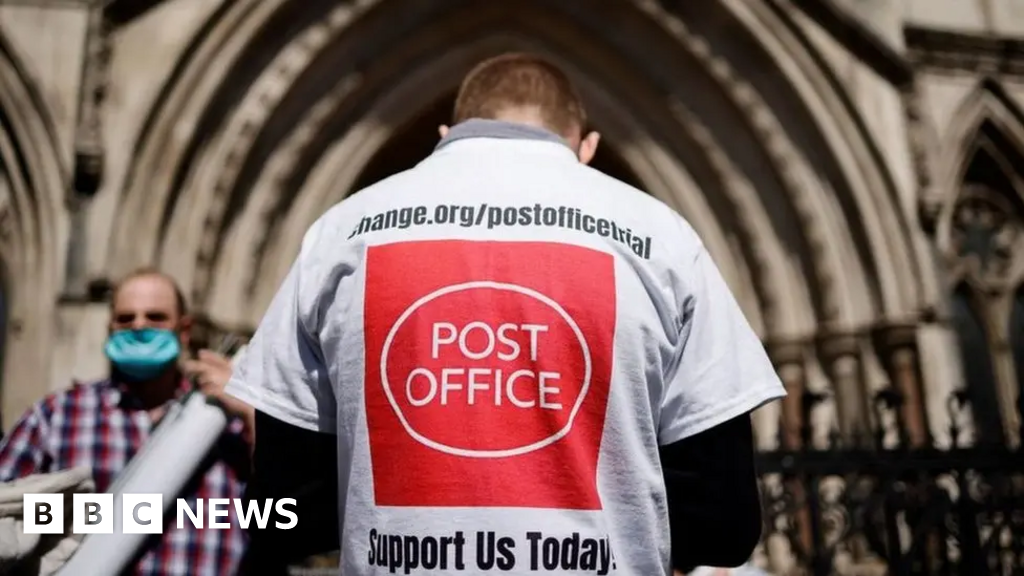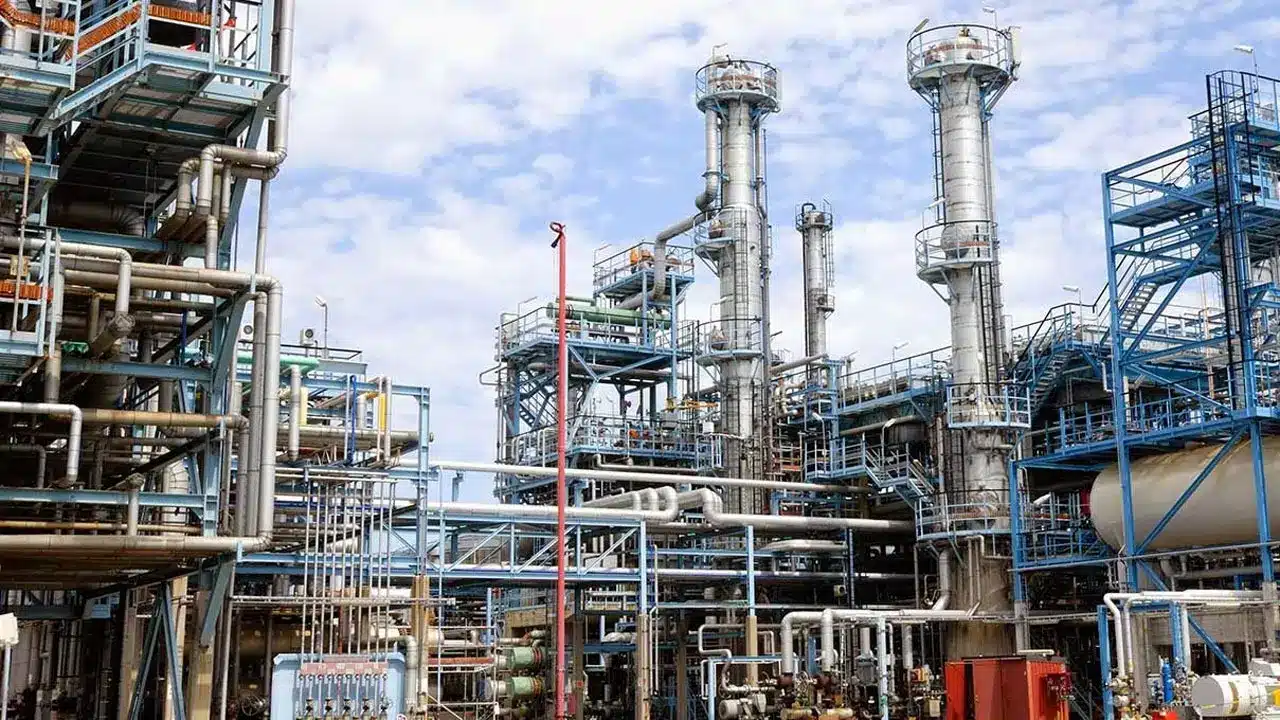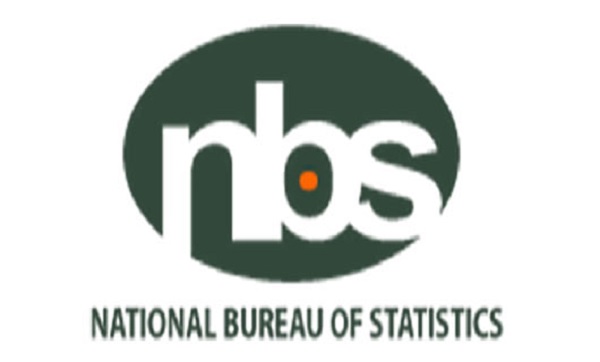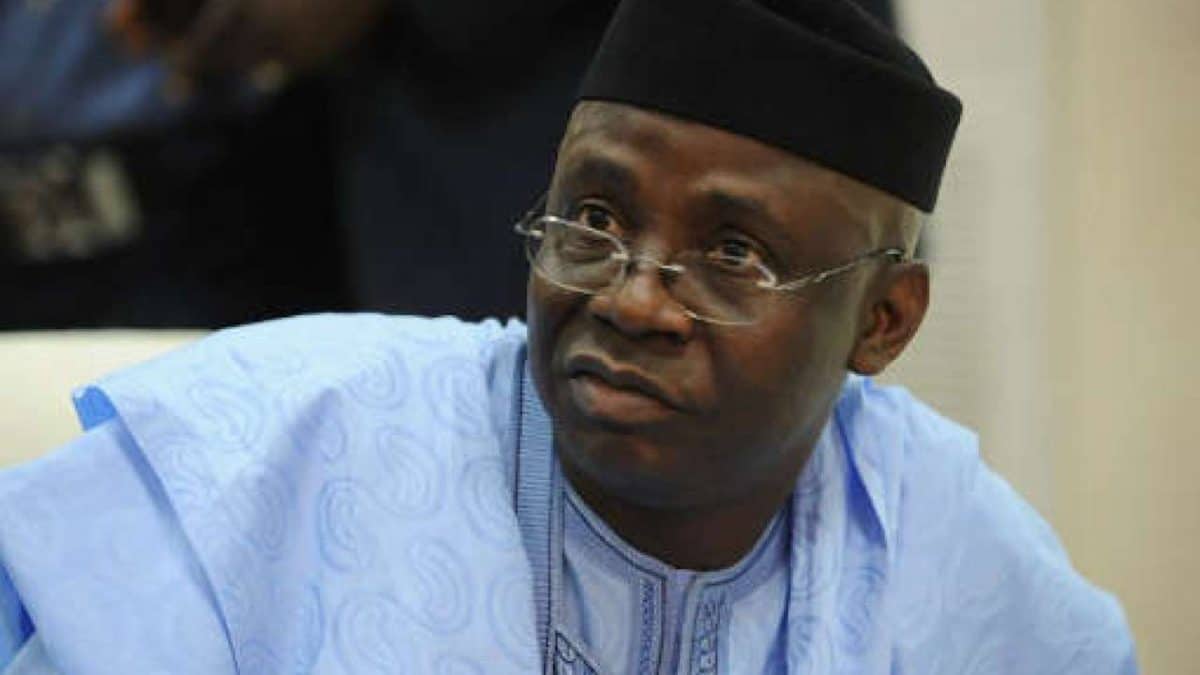
Fourth from left in light blue kaftan, the Director, Projects Coordinating Unit, Federal Ministry of Agricultural and Food Security, Bukar Musa; on his right, Jenean Pretorius (in black and white stripes handles gown), University of Witwatersrand, South Africa, Centre for Learning, Evaluation, and Results, Anglophone Africa; fourth from right (in grey suit and tie), Ian Gbinigie, who read the address of the National Project Coordinator, FGN/NDDC/IFAD assisted LIFE-ND, Dr Abiodun Sanni, at the IFAD Social, Environmental and Climate Assessment Procedures Training in Port Harcourt, Rivers State
Partners for the Federal Government, Niger Delta Development Commission and the International Fund for Agricultural Development Project for nine states have said the project, valued at $90 million is still on course.
They, however, said the project had yet to fully take off in three states – Rivers, Imo and Akwa Ibom – due to funding issues, including the initial delay by the NDDC to fulfil its financial obligations.
The National Project Coordinator, FGN/NDDC/IFAD-assisted Livelihood Improvement Family Enterprise in the Niger Delta, Dr Abiodun Sanni, disclosed this while speaking to newsmen on the sidelines of the IFAD Social, Environmental and Climate Assessment Procedures Training in Port Harcourt, Rivers State.
Dr Sanni, however, expressed happiness that the project will fully commence as they are now on board, in addition to the NDDC fulfilling its own part of the agreement.
He pointed out that already, a series of sensitizations have begun in the states to notify youths and women about the LIFE-ND project.
Sanni stated, “The states of Rivers, Imo and Akwa Ibom are fully on board and as we move along, they will be fully integrated within the project framework.
“We are already doing what we call awareness, sensitization and advocacy programmes in these states to bring to the notice of youths and women there that LIFE-ND is fully on board.
“The envelope of the LIFE-ND Project is $90 million across the nine states. IFAD is expected to provide $60 million, while the NDDC is expected to provide $30 million. We thank the NDDC for fulfilling its part of the agreement by providing the funds to drive this project in these states.
“The project is already in the sixth year of implementation and as far as IFAD is concerned, the Federal Government of Nigeria and the states, they have been able to fulfill their conditions by bringing the funds on time.
“But the NDDC is just coming on board, and that is why we have a slag in the implementation in these states. So the envelope is in total $90 million for critical funders, IFAD and NDDC, while the remaining $25 million to $26 million will come in terms of counterpart funding and social contributions from other stakeholders that are involved in the project.”
Sanni explained that the workshop is a policy framework directed by IFAD to ensure that all projects it is funding are ‘environmentally’, ‘climate-friendly’ and ‘sustainable’ in all ramifications.
He disclosed that a total of 22,817 agroforestry and economic trees have been planted in 200 communities, aimed at combating deforestation and promoting environmental restoration.
In her speech, the Country Director, IFAD Country Office, Nigeria, Ms Dede Ekeoue, said the training is important for the achievement of the objectives of its Nigerian portfolio as all the agricultural programmes are designed to take into account the resilience to climate change and promote inclusive social and economic programme while minimizing risks to the environment, climate, and vulnerable groups.
Ms Ekeoue stated, “This strategic orientation aligns with the national priorities of the Federal Government of Nigeria and the strategies of IFAD for supporting agro-food system transformation through sustainable and inclusive value chain development that supports linkages between smallholder farmer and all the key stakeholders of the ecosystem (off-takers, agro-industries, inputs and services providers, and so on.
“Through our cooperation in Nigeria, for each project, we assess the impacts of the risks of our investments and take the necessary measures to minimize the social, environmental, and climate risks.
“In addition, we identify and seize opportunities that are win-win for achieving our collective objectives of food security and nutrition, inclusive economic growth, income generation, gender equality, and job creation for women and youth.
Ekeoue insisted that the partnership with NIMET is also an important pillar for the resilience of smallholder farmers with climate information and alerts.
She enthused, “In addition to climate finance provided by IFAD for CASP and loan investments, IFAD-FGN projects have made innovative actions: the deployment of solar boreholes and solar dryers have been a game-changer in addressing water and post-harvest challenges.”
She said the workshop will empower governments and project management units to better understand, implement, and adhere to these social environment and climate change requirements to mitigate the risks their projects and initiatives might bear for sustainable development.
In his speech while declaring the workshop open, the Director of the Projects Coordinating Unit, Federal Ministry of Agricultural and Food Security, Bukar Musa, commended the Rivers State Government for hosting the event and for the hospitality of the people.
Musa said, “Nigeria is pleased to welcome the International Sustain Programme that is being implemented, reaching over 59 countries in Asia and Pacific, East and Southern Africa, and West and Central African regions. We seize this opportunity to appreciate the high quality of cooperation between IFAD and the Federal Government of Nigeria.”
Thanking IFAD for the training, he said it is in line with the priority of the Federal Government of Nigeria as highlighted in the NATIP and Eight-Point Agenda of President Bola Tinubu.
Musa added, “We have all witnessed the devastating impact of the recent floods in several states in Nigeria.
“Taking into account climate change is therefore an important priority for the Government. Ensuring the resilience of the farmers is key to achieving the Government goals of food security, job creation and economic growth.”
He said the government expects that the training will translate into greater social and environmental sustainability and resilience through all the projects.
While looking forward to the recommendation of the workshop, he said that “the Federal Ministry of Agriculture is ready to support this community of practice involving all the programmes of IFAD in Nigeria.”

 2 hours ago
1
2 hours ago
1






![[Just In] PH Refinery: Nigerians Deserve Clarity, Reduction In Petrol Prices – Peter Obi To NNPC](https://www.naijanews.com/wp-content/uploads/2024/10/jigawa4-768x576-1.jpeg)







 English (US) ·
English (US) ·